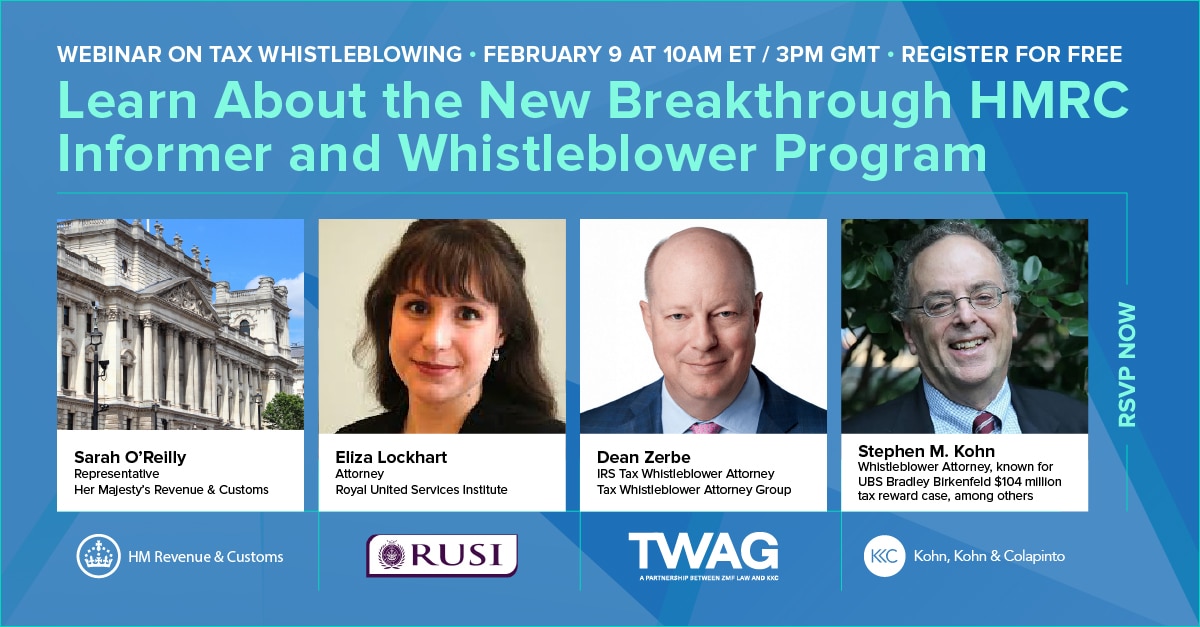Members of Congress Defend Whistleblower Protection Act at Supreme Court
Washington, D.C. October 1, 2014. A bipartisan group of senators and congressmen submitted an Amicus brief to the United States Supreme Court yesterday in defense of whistleblowers. The members of Congress argued in the brief that the “Whistleblower Protection Act is for making disclosures, unless explicitly prohibited by statute.”
The issue before the Supreme Court is whether Federal agencies can unilaterally decide whether or not information disclosed by a whistleblower is protected under the Whistleblower Protection Act.
Senators Chuck Grassley and Ron Wyden and Representatives Darrell Issa, Elijah Cummings, Blake Franethold and Stephen F. Lynched signed the Amicus brief submitted in the case of MacLean v. Department of Homeland Security. Whistleblower Protection Act supersedes any rules or regulations created by federal agencies, argued the group in the brief.
“Only Congress does, and should, have the authority to determine the law when it comes to whistleblowing. Agencies have a clear conflict of interest. Giving them the power to define on their own what information is exempt from whistleblower protections would be like putting the fox in charge of the henhouse. It would sacrifice one of the most important means of uncovering waste, fraud, and abuse,” Senator Grassley said in a statement released yesterday.
“Federal whistleblowers serve a critical oversight role by shining light on government waste, fraud, and abuse,” said Representative Lynch. “It is therefore imperative that we make every effort to safeguard federal whistleblower protections that enable these dedicated public servants to help Congress address government wrongdoing, enhance public safety, and mitigate waste of American taxpayer dollars. The Supreme Court should affirm the Federal Circuit’s ruling in MacLean by rightfully recognizing that it would contravene longstanding congressional intent and impede congressional oversight to allow agencies to unilaterally exempt certain disclosures from whistleblower protections.”
Latest News & Insights
January 27, 2026





